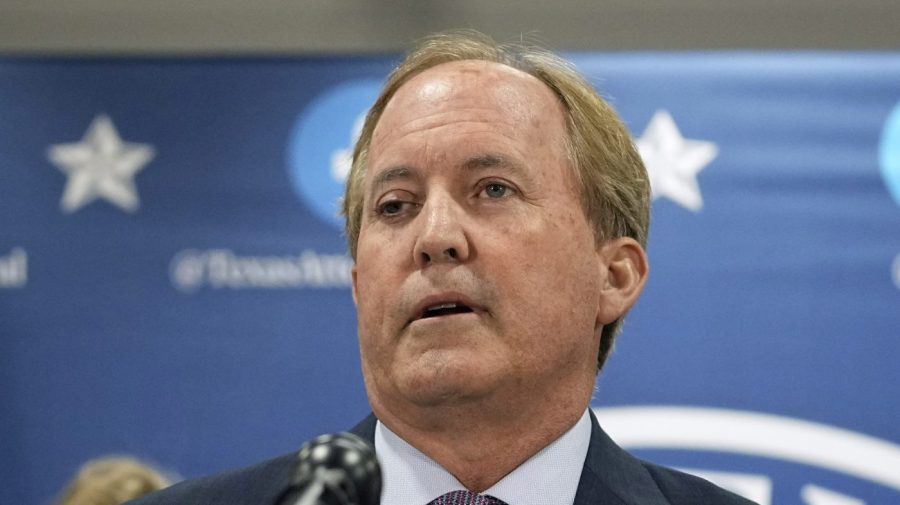Texas Attorney General Ken Paxton Launches Investigation into DeepSeek
Texas Attorney General Ken Paxton has initiated an investigation into DeepSeek, a Chinese artificial intelligence (AI) company, citing potential violations of Texas data privacy laws and national security concerns. This move comes amid growing scrutiny of Chinese technology firms and their potential ties to the Chinese government.
Key Points:
Investigation focuses on DeepSeek’s privacy practices and compliance with Texas law. Concerns have been raised about DeepSeek’s potential connections to the Chinese Communist Party (CCP). Civil Investigative Demands were issued to Google and Apple for their analyses of the DeepSeek app. DeepSeek has been banned from devices in the Texas Attorney General’s office and on state-issued devices.
Background:
DeepSeek, founded in 2023 in Hangzhou, China, has gained attention for its AI models that claim to rival or surpass those of U.S. companies like OpenAI at a fraction of the cost. The company’s recent release of its R1 model, which demonstrated advanced reasoning capabilities, has particularly raised eyebrows in the AI industry.
Paxton’s Concerns:
Attorney General Paxton expressed worry that DeepSeek might be acting as a proxy for the CCP to undermine American AI dominance and potentially access citizens’ data. The investigation will examine whether DeepSeek’s practices violate the Texas Data Privacy and Security Act.
Broader Context:
This investigation is part of a larger trend of scrutiny towards Chinese technology companies in the United States:
Federal action: Two U.S. Representatives have introduced bipartisan legislation to ban DeepSeek from federal government devices. State-level bans: New York and Virginia have also banned DeepSeek on government devices, citing security concerns. Comparison to TikTok: The situation draws parallels to the ongoing controversy surrounding TikTok, which faced similar scrutiny and potential bans. National security debate: The emergence of DeepSeek has reignited discussions about U.S.-China competition in AI and technology.
Different Perspectives:
While many lawmakers express concerns about DeepSeek, there are varying viewpoints on how to address the issue:
Restrictive approach: Some, like Paxton and certain state governors, advocate for bans and investigations. Cautious optimism: Former President Donald Trump has expressed a more positive view, seeing DeepSeek’s innovations as potentially beneficial for reducing AI development costs. Economic impact: The release of DeepSeek’s models has already affected U.S. tech stocks, highlighting the economic implications of this technological competition.
Potential Implications:
Data privacy: The investigation may reveal how user data is handled by DeepSeek and whether it poses risks to personal information. AI industry competition: The outcome could influence the global AI landscape and U.S.-China technological rivalry. Regulatory framework: This case may contribute to shaping future policies regarding foreign AI companies operating in the U.S. International relations: The handling of this investigation could impact broader U.S.-China relations, especially in the technology sector.
As this situation develops, it will be crucial to monitor how federal and state governments address the challenges posed by foreign AI companies while balancing innovation, national security, and data privacy concerns.









